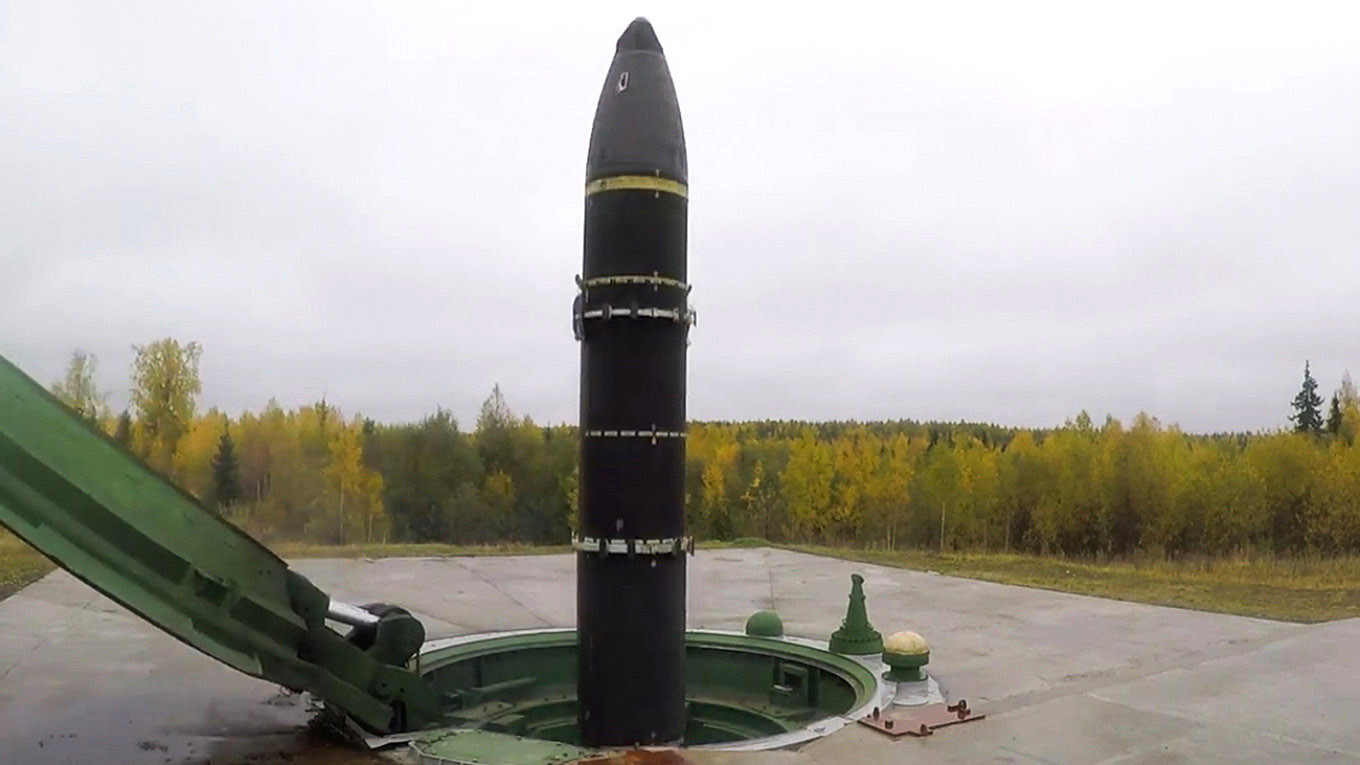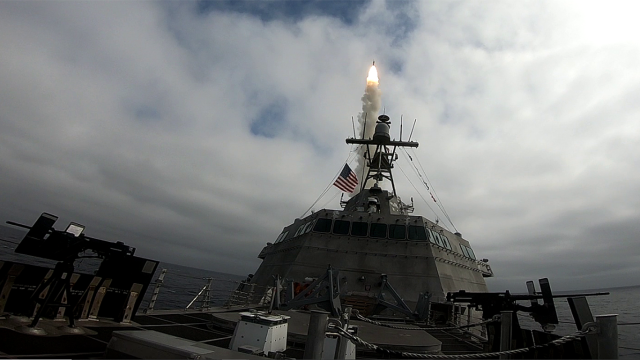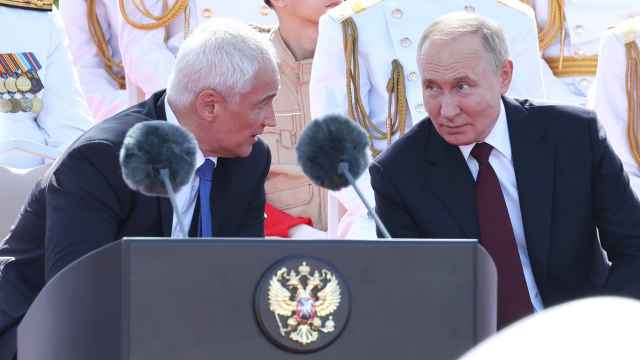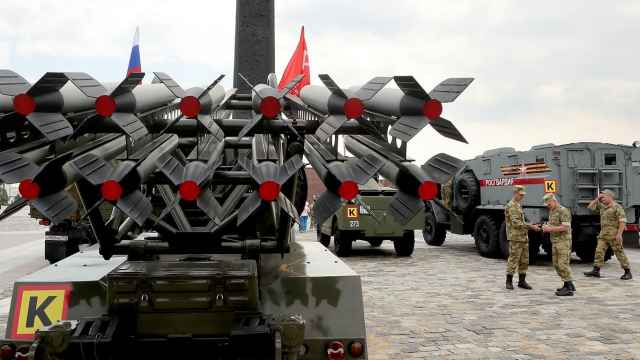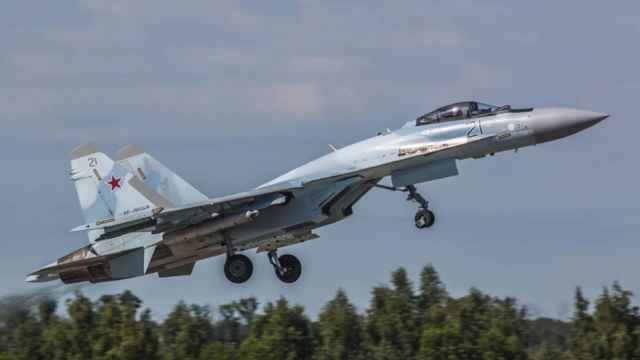Russia is considering ending its unilateral moratorium on the deployment of intermediate- and shorter-range missiles, a senior Russian diplomat said, amid Moscow’s increasingly fraught standoff with the West over Ukraine and European security.
In an interview published Sunday by the state-run TASS news agency, Deputy Foreign Minister Sergei Ryabkov said the moratorium, enacted after the collapse of a landmark arms control treaty with the United States, is “coming to its logical end.”
He accused Washington and its allies of failing to appreciate what he described as Russia’s restraint in the post-INF Treaty reality, adding that Moscow was “forced to respond” to the emergence of “highly sensitive missile threats.”
The moratorium stems from the 1987 Intermediate-Range Nuclear Forces Treaty (INF), a landmark Cold War-era agreement signed by U.S. President Ronald Reagan and Soviet leader Mikhail Gorbachev.
The INF banned both Washington and Moscow from developing, testing and deploying ground-launched ballistic and cruise missiles with ranges between 500 and 5,500 kilometers.
The United States withdrew from the INF Treaty in 2019, accusing Moscow of violating its terms by developing and deploying a missile known as the 9M729, an allegation the Kremlin denied.
U.S. officials claim the missile, part of Russia’s Iskander missile system, exceeds the 500-kilometer range limit and threatens targets deep inside Europe, especially if stationed in Russia’s Baltic exclave of Kaliningrad.
Ryabkov also slammed NATO countries’ increasing support for Ukraine, including the recent decision by several European governments to permit Kyiv to use Western-supplied long-range weapons to strike targets within Russia.
“EU and NATO leaders are relentlessly encouraging Kyiv to continue hostilities, pumping it with arms, equipment, and promises of more,” Ryabkov said. “Diversions and provocations are being prepared and carried out.”
President Vladimir Putin said last summer that Russia should resume production of intermediate- and shorter-range missiles, framing the move as a necessary response to U.S. behavior.
"We need to start production of these strike systems and then, based on the actual situation, make decisions about where, if necessary to ensure our safety, to place them," Putin said during a meeting of Russia's Security Council.
A Message from The Moscow Times:
Dear readers,
We are facing unprecedented challenges. Russia's Prosecutor General's Office has designated The Moscow Times as an "undesirable" organization, criminalizing our work and putting our staff at risk of prosecution. This follows our earlier unjust labeling as a "foreign agent."
These actions are direct attempts to silence independent journalism in Russia. The authorities claim our work "discredits the decisions of the Russian leadership." We see things differently: we strive to provide accurate, unbiased reporting on Russia.
We, the journalists of The Moscow Times, refuse to be silenced. But to continue our work, we need your help.
Your support, no matter how small, makes a world of difference. If you can, please support us monthly starting from just $2. It's quick to set up, and every contribution makes a significant impact.
By supporting The Moscow Times, you're defending open, independent journalism in the face of repression. Thank you for standing with us.
Remind me later.


